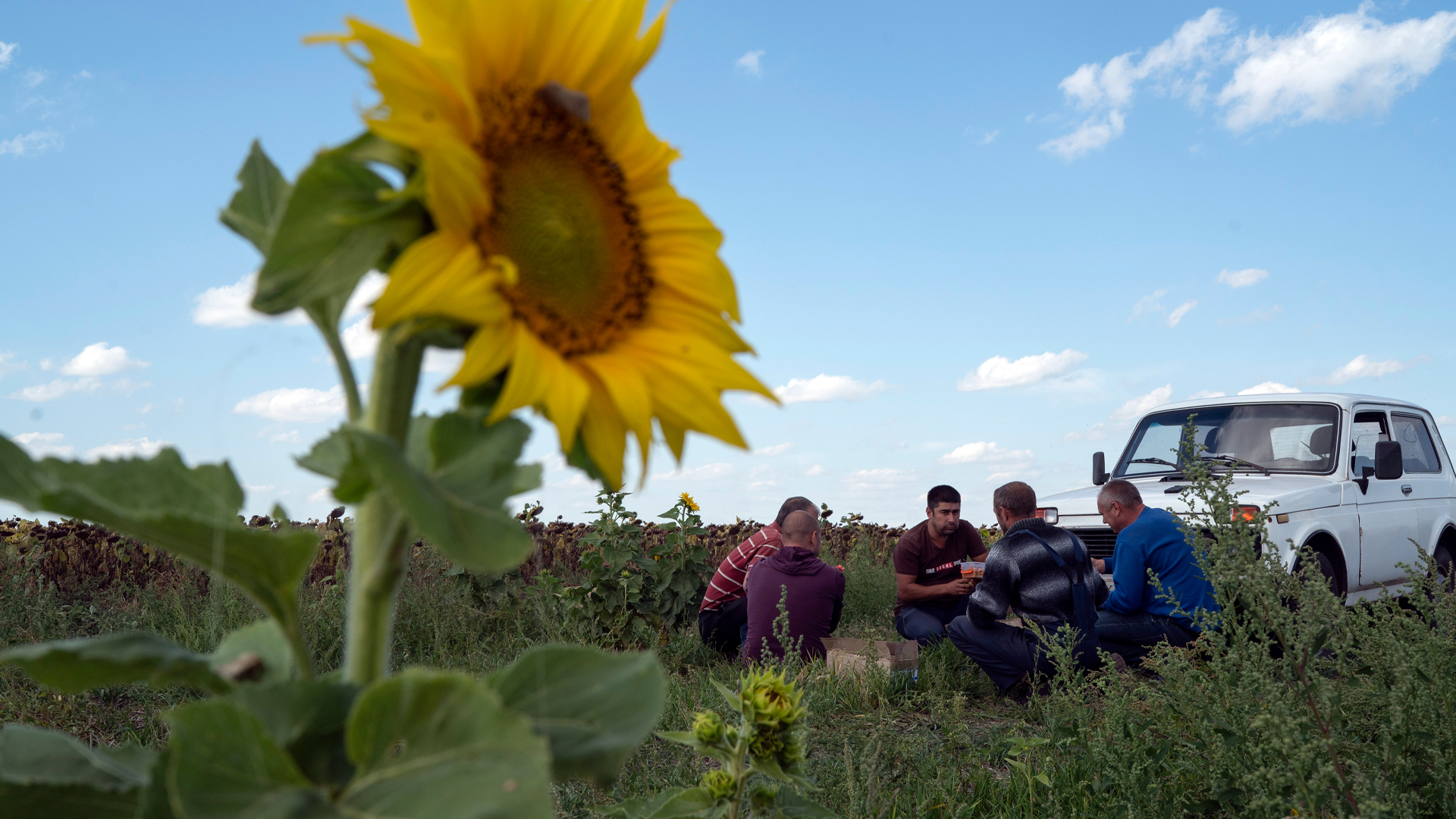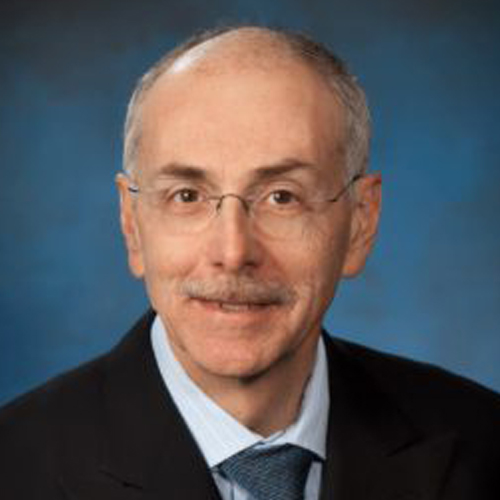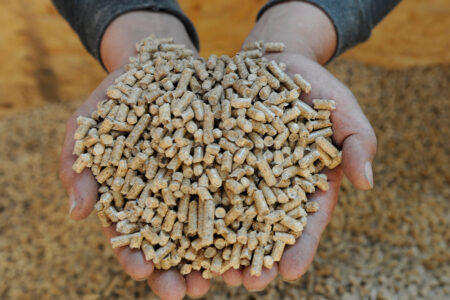
Deputy Prime Minister Chrystia Freeland has put the world on notice. The era of open trade and increasing international co-operation is over. Systems need to change to empower liberal democracies and to take leverage away from autocracies. Those liberal democracies need to work together to “friend-shore” and establish new, stronger ties.
While much attention is paid to computer chips and rare earth minerals, it is actually agriculture and food that should be front and centre in her charge towards a more sustainable way of doing business globally.
Freeland’s October speech at the Brookings Institute in Washington unveiled a doctrine built on three pillars: closer economic co-operation between democracies; inclusive engagement with other countries including developing small and middle economies that share our democratic values; and avoiding strategic supply chain vulnerabilities and over-dependence on autocratic countries.
Agriculture and food have been increasingly in the crosshairs of those autocrats. China has challenged the rules-based trading system by disrupting agriculture trade flows from Canada, Australia, Norway and others for geopolitical purposes. Russia’s invasion of Ukraine has blocked critical grain exports and caused the destruction of critical Ukrainian agricultural trade infrastructure.
The recent escalation in protectionism and aggressive actions by these autocracies appears to go beyond traditional measures and instead appears intended to weaken exporters, most of whom are liberal democracies. The aim appears to be to make them more easily-controlled. The disruption across major agriculture and food commodities has shocked supply chains, increased volatility, and driven up food prices, affecting farmers and consumers around the world.
Freeland’s new policy should therefore put agriculture and food to the forefront. Her doctrine can help address problems facing farmers and food processors in Canada and around the world. These farmers can be major allies in her fight to change how the world does business.
It is important to understand the position that major liberal democracies play in food exports. Canada, the U.S., the European Union, Australia, New Zealand, Ukraine, Argentina and Brazil often deliver the most net exports of a number of major food commodities.
The world relies on these countries to supply staples such as wheat, barley, corn, canola oil, beef, pork and dairy. These exports are critical to the economies of the exporting nation, but they are also critical to the food security of many importing countries.
While it can be a challenge to get countries that see each other as competitors to work together, the food security fallout of the Russian invasion of Ukraine has already pushed them in that direction.
This summer, the G7 released a food security statement, which included committing additional funding to protect against hunger and malnutrition, ensuring that sanctions do not target food and sustainably increasing the availability of agricultural products. This G7 call to action could form the basis for Canada to advance the Freeland Doctrine.
Will the “Freeland Doctrine” make an appearance at climate talks?
First, liberal democracies that are major food exporters and importers need to work more closely together. This includes developing new approaches to rules-based trade, as was done when Canada and the EU agreed on an interim trade-dispute resolution mechanism. Canada could also do more through groups such as the Sustainable Productivity Growth Coalition to boost production to meet food security needs.
Second, there is an opportunity to be more inclusive of like-minded countries that are not major exporters or importers but that rely on agriculture and food trade for security and economic success. Many countries in Asia and Africa fall into this category. Canada should be working with these countries to facilitate trade and boost the sustainability of their domestic production. Agriculture and food should be an integral part of our foreign affairs agenda, including the upcoming Indo-Pacific strategy.
Finally, Freeland should encourage like-minded large food-exporting countries to better use the leverage they have as sources of food security in countries that do not share our democratic ideals. This leverage can help reset rules, standards and the terms of engagement to nudge autocratic countries that rely on food imports into taking more responsibility in development of sustainable international trade.
The world is changing and it is positive to see Freeland leading the charge. Marie-Claude Bibeau, minister of agriculture and agri-food, should be a core part of the team making that change happen. Canada is a sustainable agriculture and food superpower. Our government should not forget that. It should also not be afraid to use that power as leverage it has to build a better, more peaceful world.














